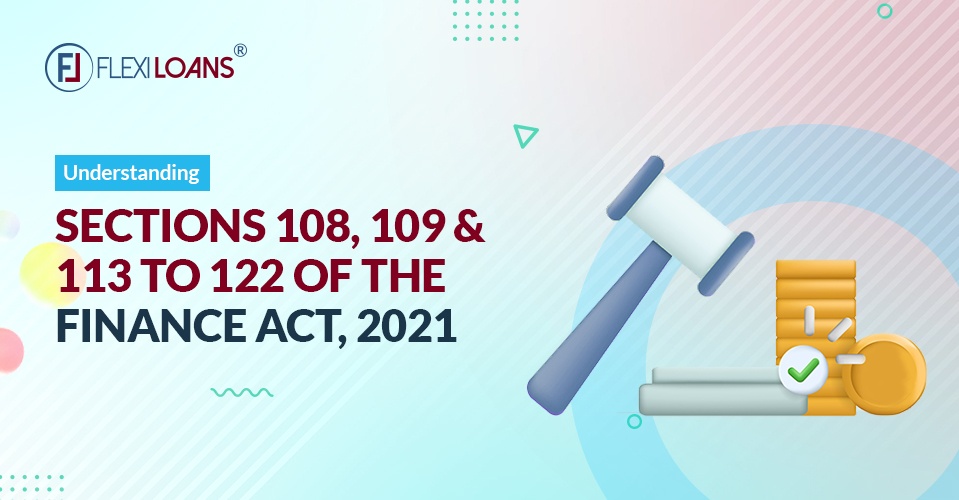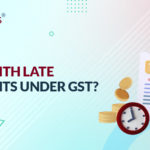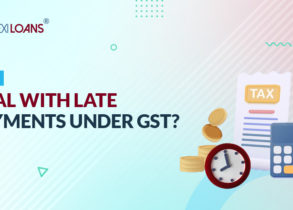Understanding Sections 108, 109, and 113 to 122 of the Finance Act, 2021
Nov 20, 2022

Introduction
India’s Union Ministry of Law and Justice enacted the Finance Act 2022 following the Presidential assent on 30th March 2022 regarding the Budget Plans (2022) for fiscal and direct/indirect taxes relevant to the financial year (FY) 2022-23 or assessment year (AY) 2023-24.
On 1st February 2022, Union Finance Minister Nirmala Sitharaman tabled the Budget Bill 2022 (the Bill), which sought many changes to the terms of the Income Tax Act, 1961 (the Act). As a result, the Union government has made several changes at the adoption stage.
Sections 2 – 85 of the Finance Act 2022 have been applicable since 1st April 2022, and Sections 100 – 114 would take effect on a later date to be notified by the finance ministry. The date of application is stated in the relevant clauses of every other section of the Finance Act 2022, or the day of Notification can be taken as the day of applicability.
Meaning of Sections 108, 109, and 113 to 122 of the Finance Act 2022
Section 108
Section 108 intends to change sub-section (2) of Section 48 of the Central Goods & Services Tax (CGST) Act to eliminate the reference to Section 38 since registered persons do not have to provide information regarding inbound shipments under Section 38.
Section 109
Section 109 intends to alter sub-section (4) of Section 49 of the CGST Act to offer for the imposition of limits on the usage of the amount accessible in the electronic credit ledger.
It also wants to change sub-section (10) to facilitate the transfer of funds from a registered person’s electronic cash ledger underneath the CGST Act to a distinct person’s electronic cash ledger under the same Act or even the Integrated Goods & Services Tax (IGST) Act.
It also intends to introduce sub-section (12) to specify the maximum percentage of production tax due that may be discharged using the electronic credit register.
Section 113
Section 113 intends to change sub-section (2) of Section 168 of the CGST Act to eliminate the reference to Section 38.
Section 114
Section 114 intends to modify notification number G.S.R. 58(E), submitted on 23rd January 2018, to notify www.gst.gov.in as the Common Goods & Services Tax Electronic Portal, retroactively, with effect from 22nd June 2017, for all functions provided under the Central Goods & Services Tax Rules, 2017, save as otherwise given in notification number G.S.R. 925 (E), dated 13th December 2019.
Section 115
Section 115 proposes to alter notice number G.S.R. 661(E), dated 28th June 2017, to notify the interest rate under sub-section (3) of Section 50 of the CGST Act as 18%, retroactively, with effect from 1st July 2017.
Section 116
Section 116 intends to offer a retroactive exemption from central tax for the supply of unexpected waste created during fish meal processing (coming under category 2301), except for fish oil, from 1st July 2017 to 30th September 2019 (both days inclusive). It also attempts to establish that no refund of the already collected tax would be granted.
Section 117
Section 117 proposes to provide retroactive effect to the notice issued by the Government of India under the Ministry of Finance (Department of Revenue) on 30th September 2019, with effect from 1st July 2017. It also attempts to establish that no refunds of already collected central taxes will be provided.
Section 118
Section 118 proposes to alter notice number G.S.R. 698(E), dated 28th June 2017, to notify the rate of interest under sub-section (3) of Section 50 of the CGST Act as 18%, retroactively, with effect from 1st July 2017.
Section 119
Section 119 intends to offer a retroactive exemption from integrated tax for the supply of unwanted waste created during fish meal processing (coming under category 2301), except for fish oil, from 1st July 2017 to 30th September 2019 (both days inclusive). It also attempts to establish that no refund of the already collected tax would be granted.
Section 120
Section 120 proposes to provide retroactive effect to the notice issued by the Government of India under the Ministry of Finance (Department of Revenue) on 30th September 2019, with effect from 1st July 2017. It also clarifies that any integrated tax already collected will not be refunded.
Section 121
Section 121 proposes to alter notice number G.S.R. 747(E), dated 30th June 2017, to notify the rate of interest under sub-section (3) of Section 50 of the CGST Act as 18%, retroactively, with effect from 1st July 2017.
Section 122
Section 122 intends to give a retroactive exemption from Union territory tax in respect of the supply of unintentional waste created during the processing of fish meal (coming under category 2301), except for fish oil, from 1st July 2017 to 30th September 2019 (including both days). It also clarified that no refund of any such tax, which has already been collected, would be granted.
Conclusion
The CBIC has opted to implement a dozen revisions to the CGST Act on 1st January 2022, thereby enforcing the indirect tax system. The amendments address a wide range of problems, such as what defines a taxable source, eligibility for tax breaks, and standards for submitting appeals in certain contexts. One of the significant changes in GST is the need for e-commerce firms to pay tax on the services offered via them, such as passenger transport or restaurant services. The GST law has now been changed to enable GST officials to visit firms to collect tax debts without giving prior warning. Other anti-evasion efforts include needing an Aadhaar identity for claiming GST refunds and limiting the option of GSTR-1 filing if a firm fails to submit GSTR-3B within two months.









